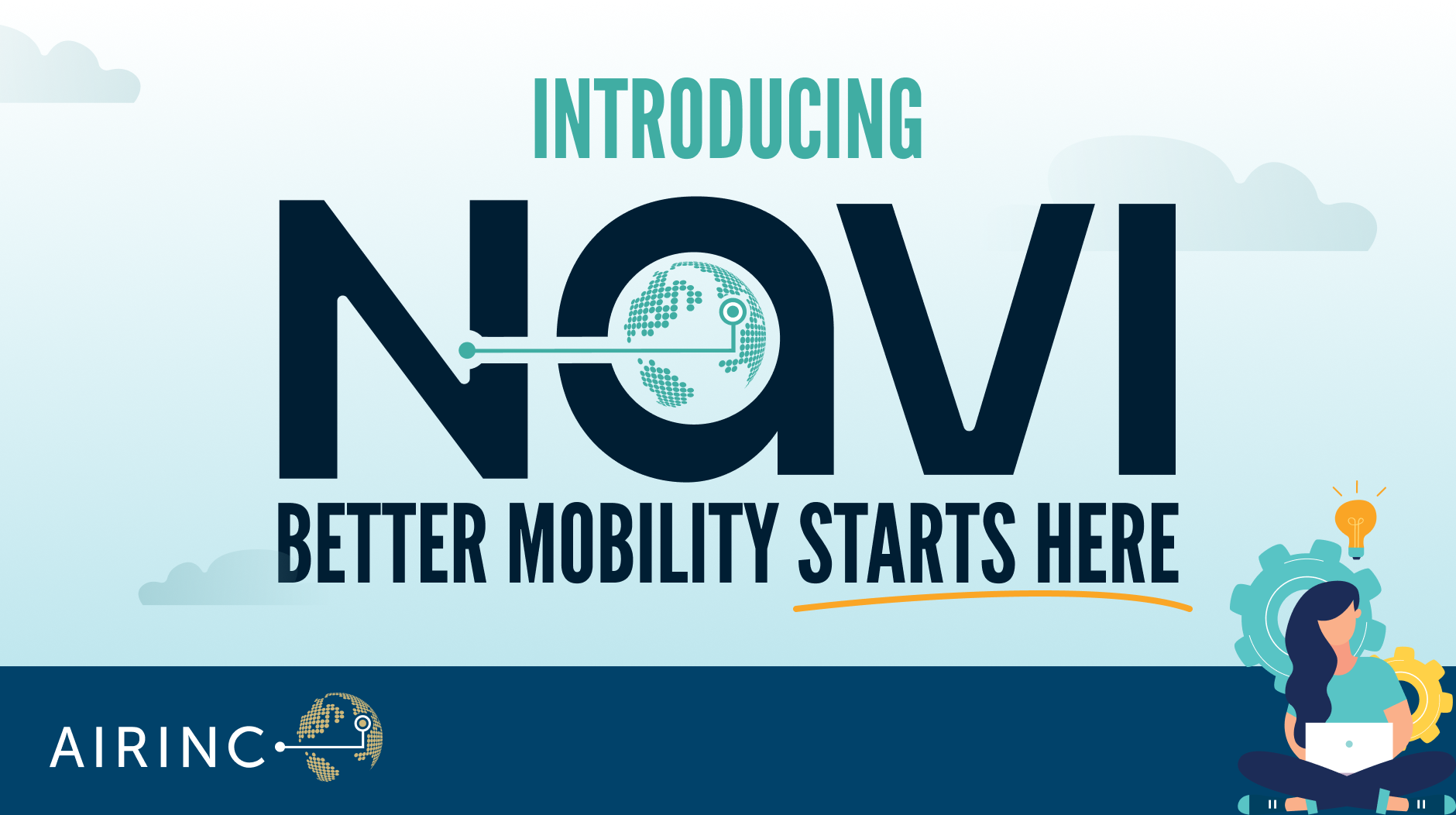The past year has been unprecedented for inflation. Both supply chain issues and global conflicts have led to high single-digit to double-digit inflation in nearly every country.
When periods of high inflation occur, we often see similar questions from global companies such as:
- What does inflation mean for our global talent and how do we need to react to protect them from inflation?
- How is inflation affecting the value of the compensation we are delivering to local talent?
- What can we do to stay on top of inflation or even get ahead of it regarding compensating our talent?
- How do we alleviate the concerns of mobile talent regarding increasing costs related to inflation?
We are launching a series of blog posts focused on inflation to help you understand how it is varying globally and to assist you with answering some of these common questions.
Below is an infographic showing the overall inflation AIRINC measured by country for July 2021 to July 2022. Countries highlighted in the cooler colors (dark green and teal) are experiencing the least amount of inflation (between 0 and 12%). Countries highlighted in the warmer colors (tan, yellow, and orange) are experiencing the highest inflation globally (between 12% and 85%).
Some takeaways from this infographic:
Western Nations Experience Inflation 2-3x Higher Than Usual
Example countries: United States, Canada, United Kingdom, Spain, Germany, Portugal, Netherlands, and Sweden
What this means for you and your talent:
- Inbound Expatriates
- Expats into these countries are seeing costs of goods and services go up and may be concerned their cost of living allowances are not adequately reflecting these changes
Solution: Access to proactive reporting that helps you understand what host country inflation is and how much an employee’s allowance is increasing (COLA change reports)
- Outbound Expatriates
- Expats out of these countries may ask why their cost of living allowance is not increasing at a greater rate and home inflation is likely contributing to that
Solution: Access to proactive reporting that helps you understand what host country inflation is and how much an employee’s allowance is increasing (COLA change reports)
- Local talent
- Traditional compensation benchmarking lags behind market changes and, in a highly competitive labor market, the traditional 2-4% wage increase for inflation may not be adequate
Solution: Supplement your traditional salary benchmarking with inflation data to determine if there are locations where you need to increase wages more than the normal 2-4%
Countries with the Highest Inflation (Yellow and Orange)
Example countries: Venezuela, Argentina, Angola, Ethiopia, Turkey, and Sri Lanka
What this means for your talent:
- Inbound Expatriates
- May have similar concerns to inbound expatriates from the other example
- Are likely seeing substantial fluctuations in their cost of living allowance
- May be advocating for more frequent reviews and updates to ensure their allowances cover the cost of goods and services
Solution: Additional updates for assignments into these countries paired with COLA change reports to ensure expats understand what is driving the changes in their allowances
- Outbound Expatriates
- May be seeing decreases in their cost of living allowance if their home country inflation is dramatically out-pacing where they are deployed
- The value of their home compensation is likely declining due to the high home inflation
Solution: More frequent compensation reviews for employees out of these countries or conduct some analysis on how your talent is being impacted by inflation
- Local talent
- Incredibly high inflation can wipe away an individual’s savings potential. As goods and services get more expensive, they have to shift money away from savings to everyday spending
Solution: More frequent compensation reviews for employees out of these countries or conduct some analysis on how your talent is being impacted by inflation
Subscribe to our blog for more updates on inflation!








